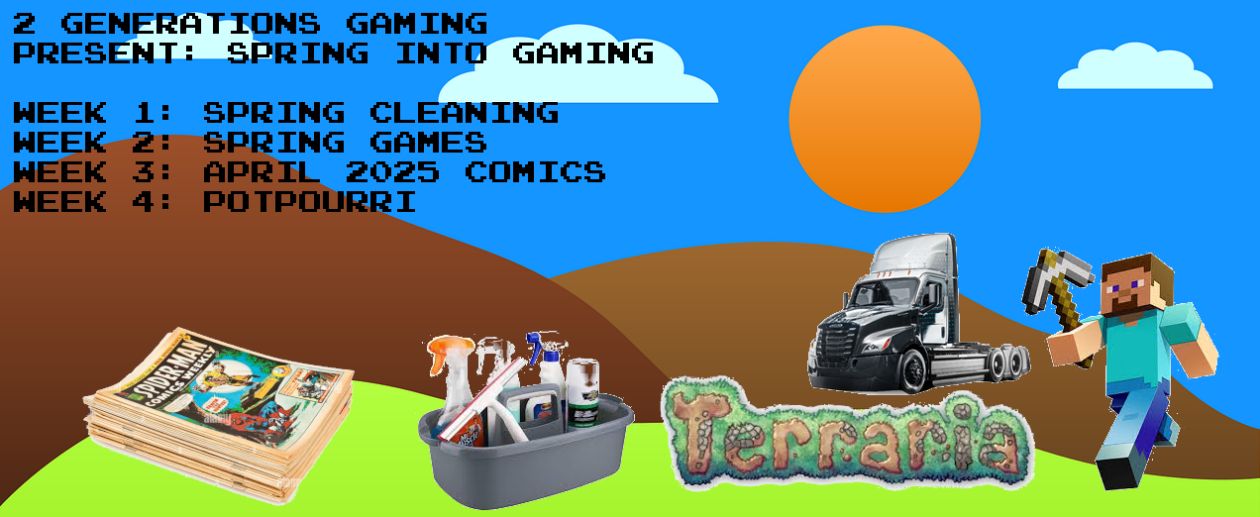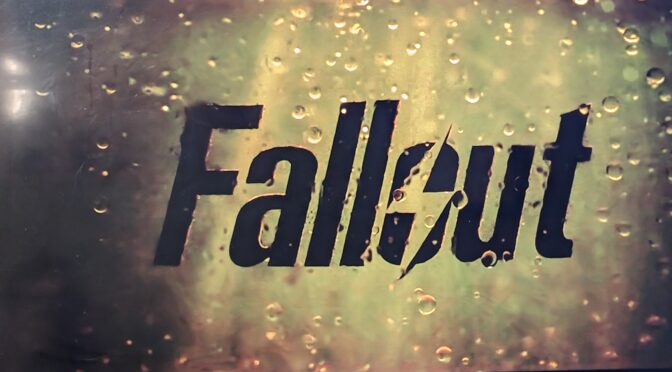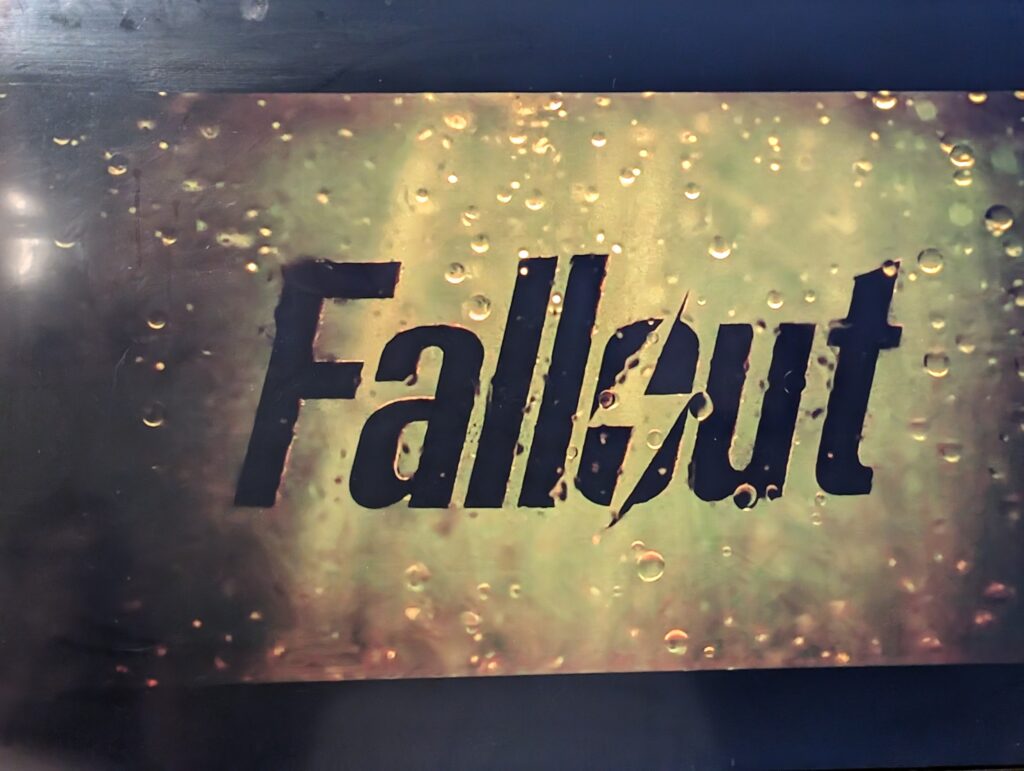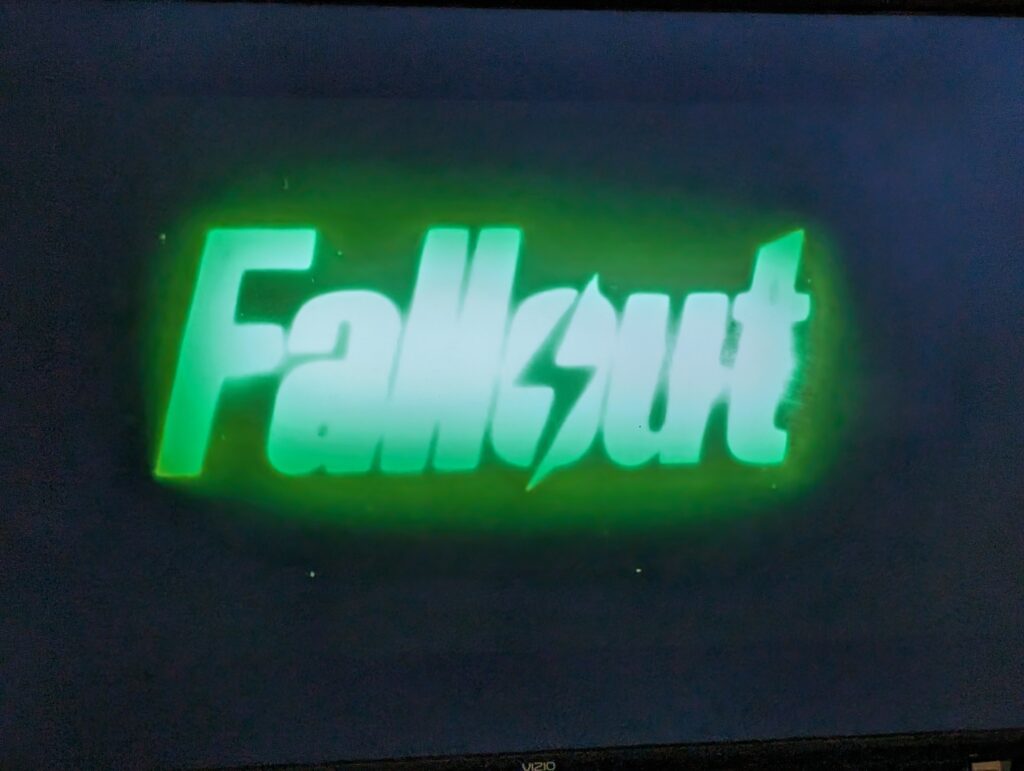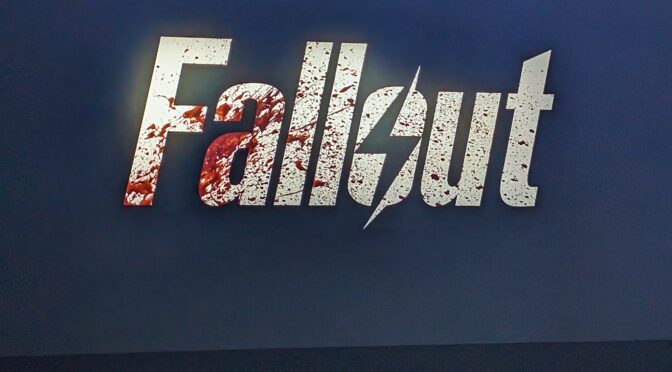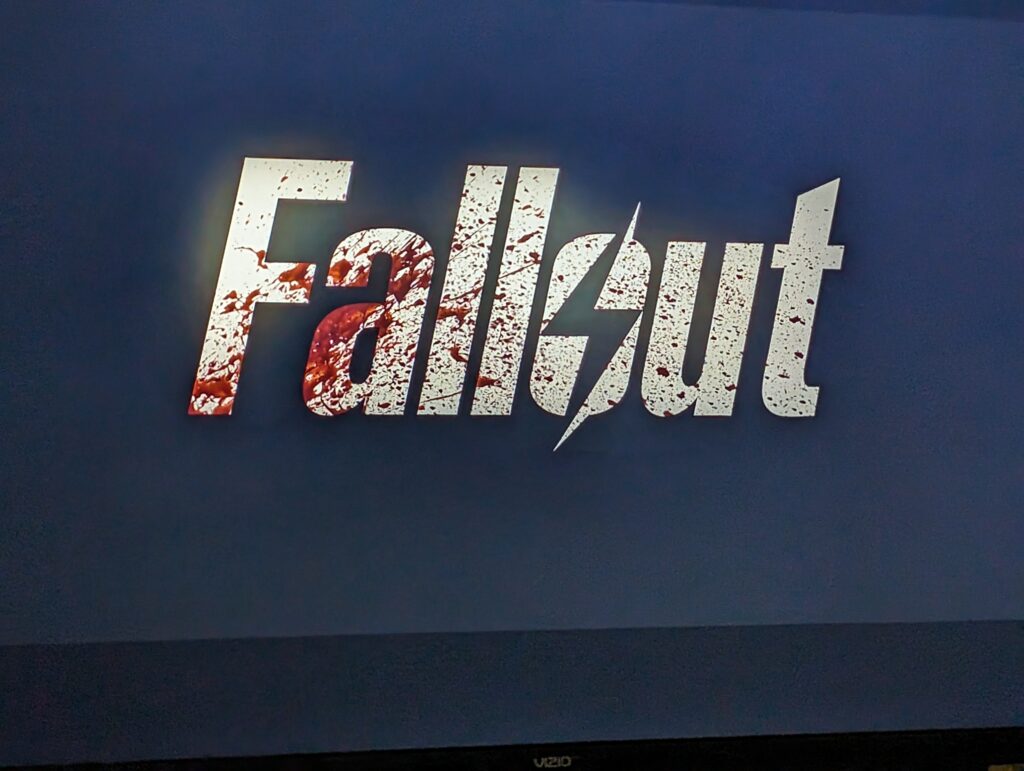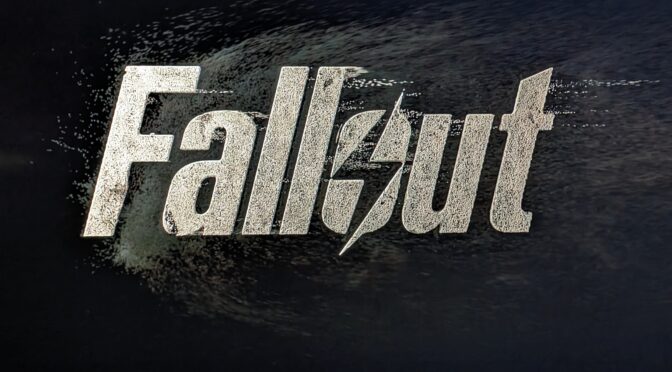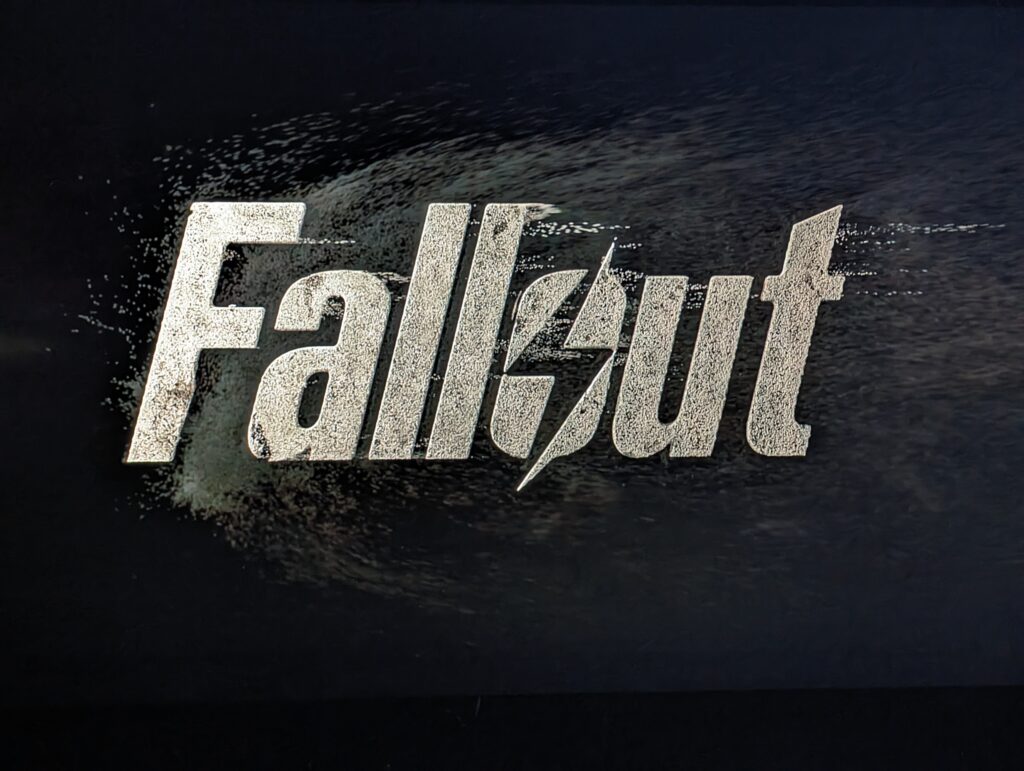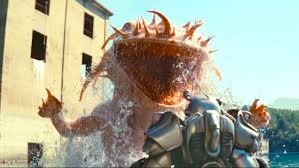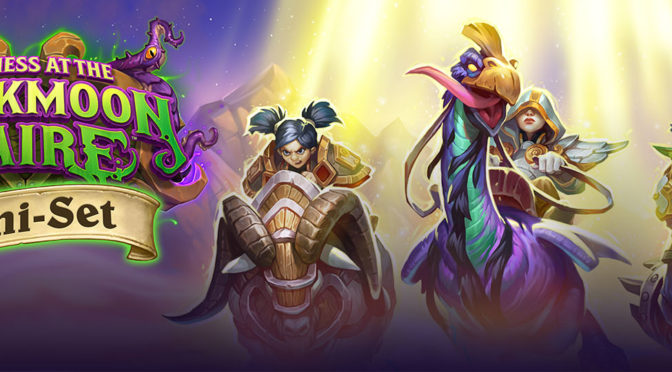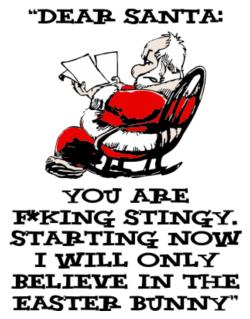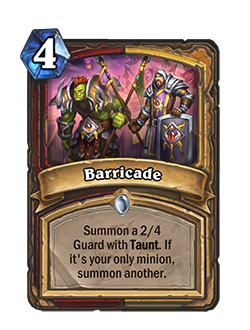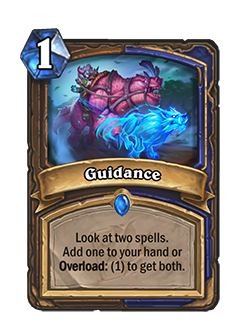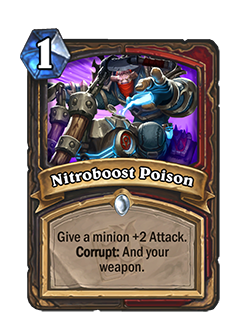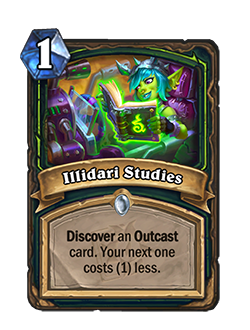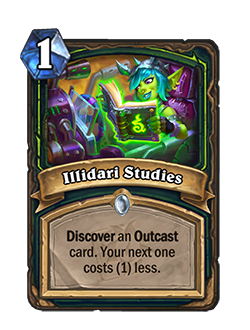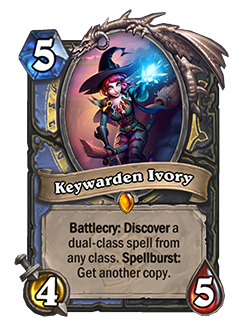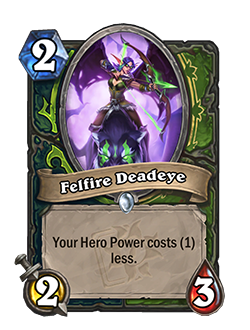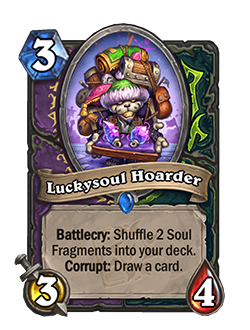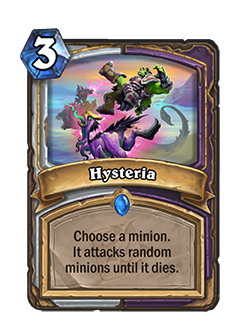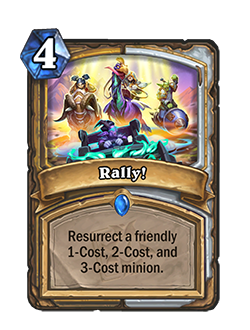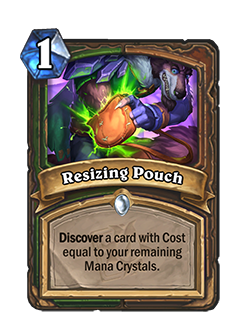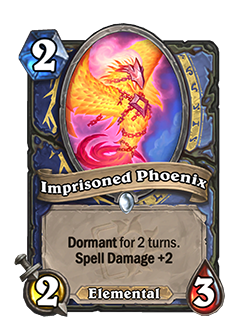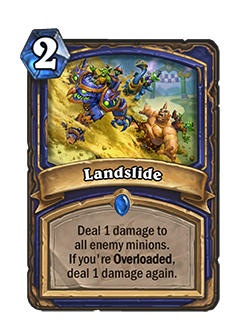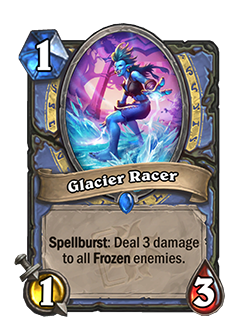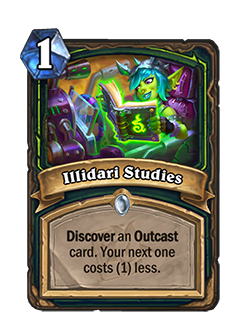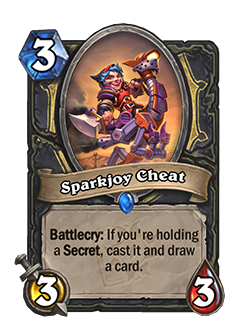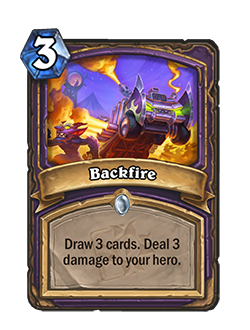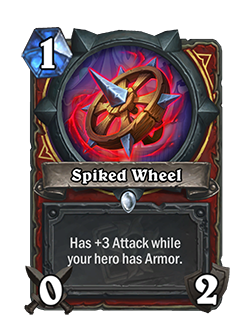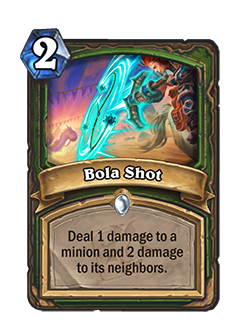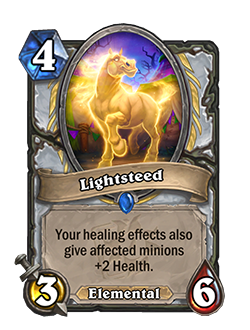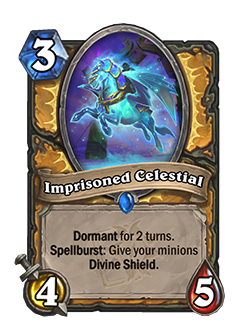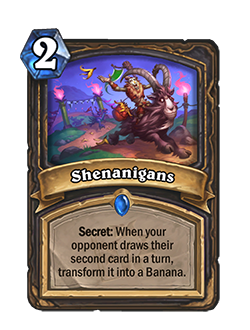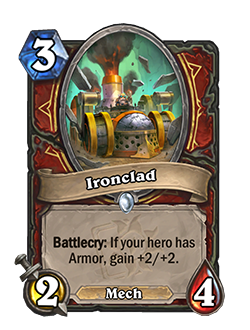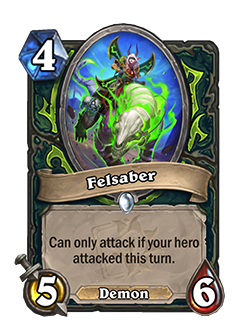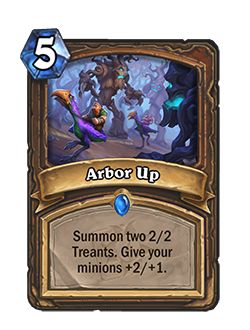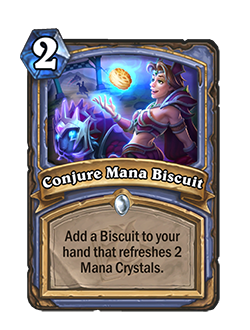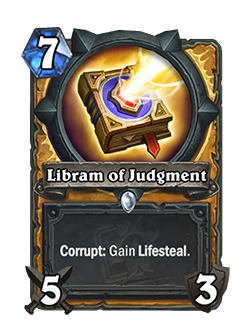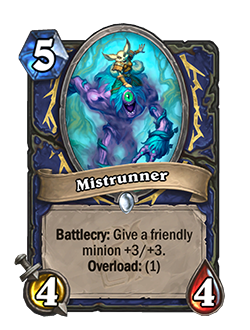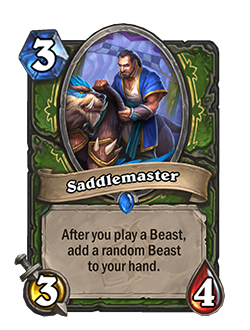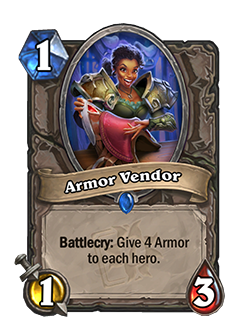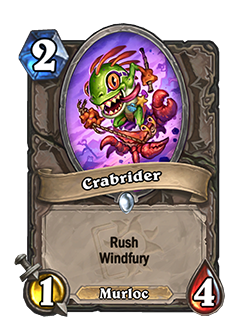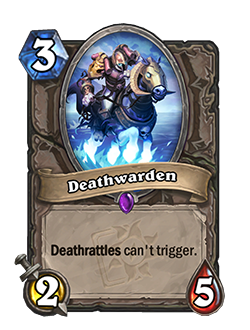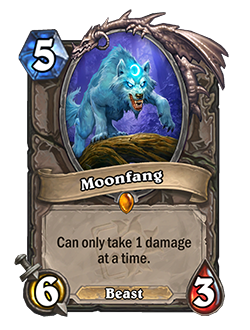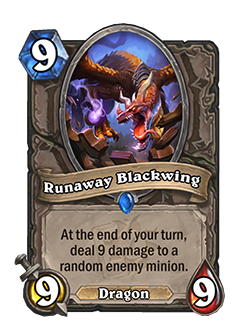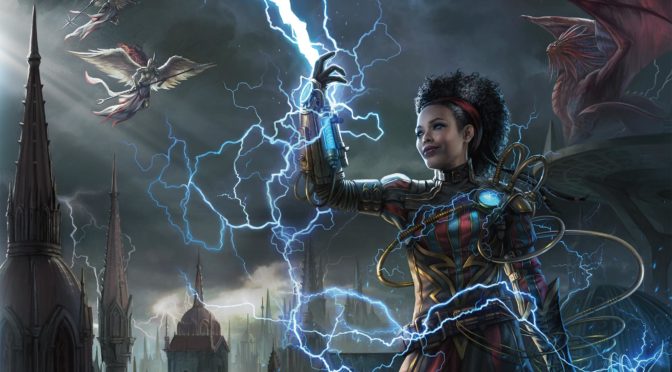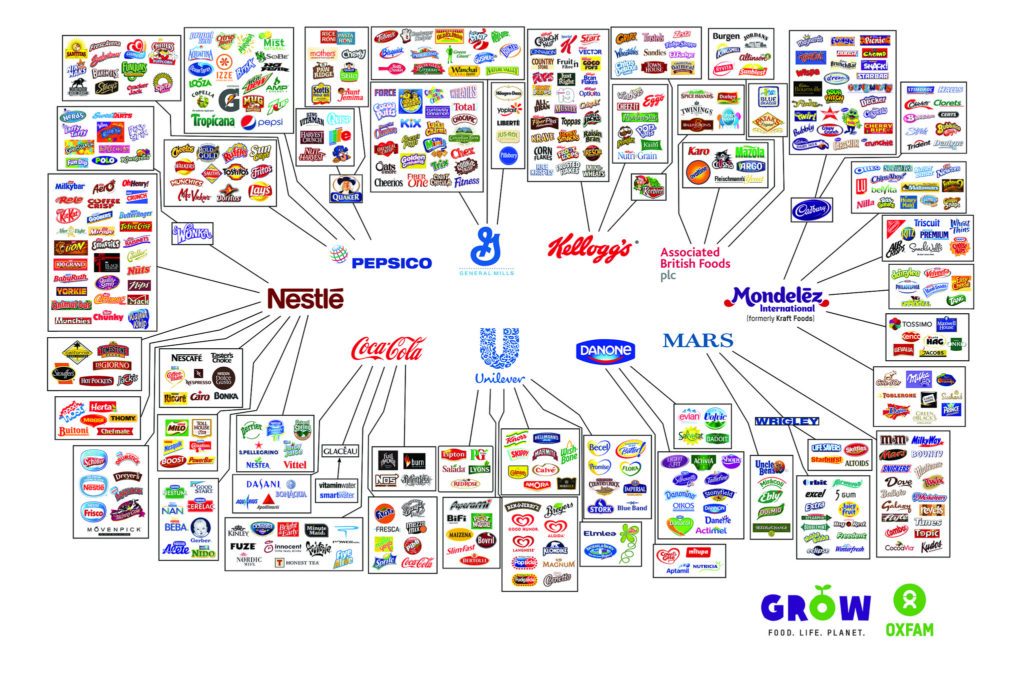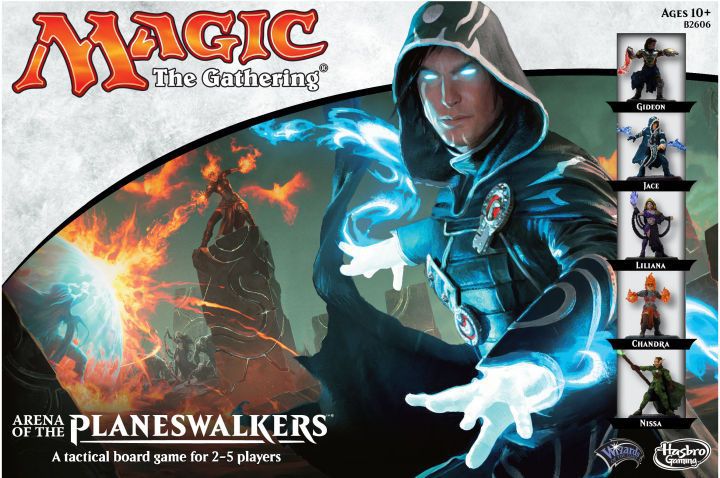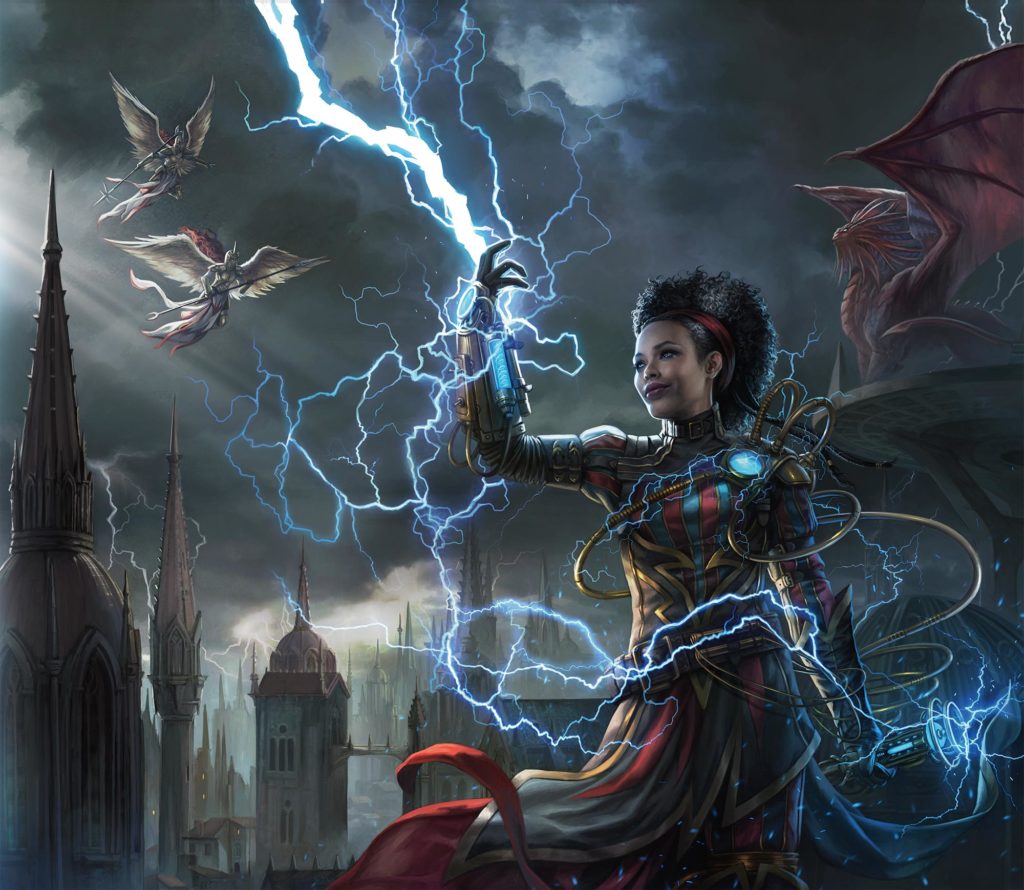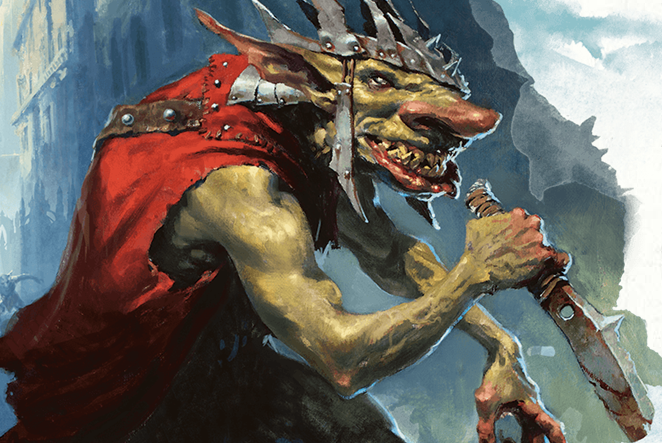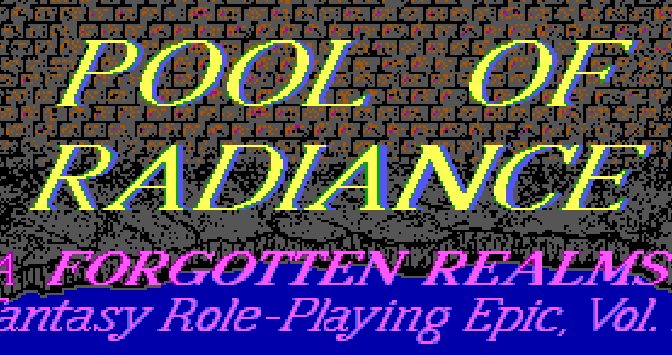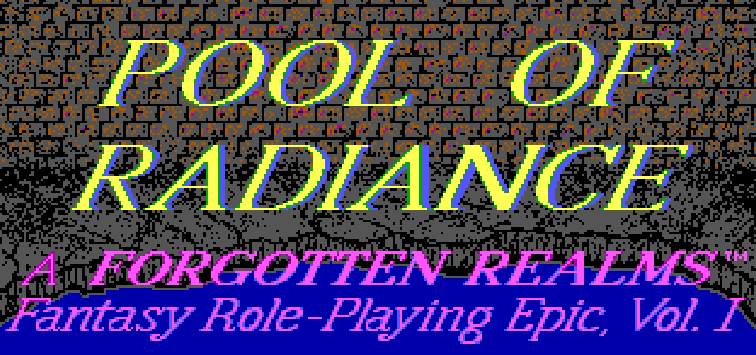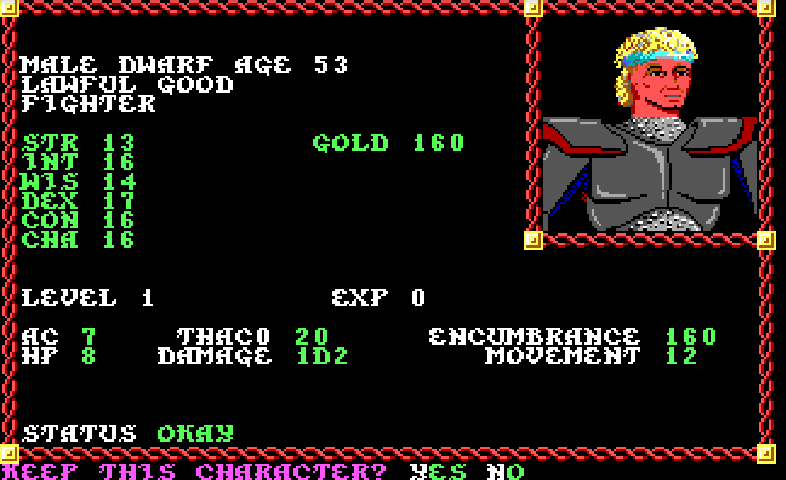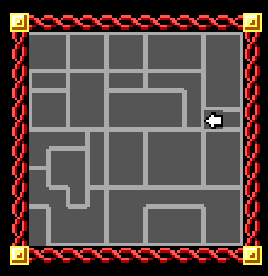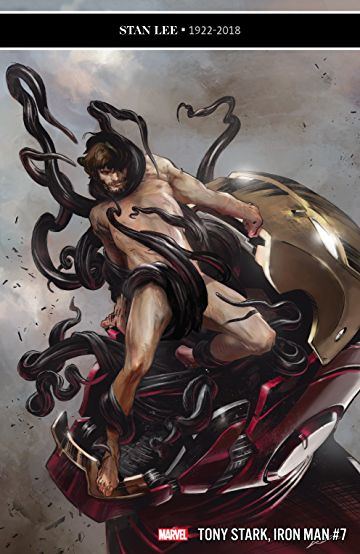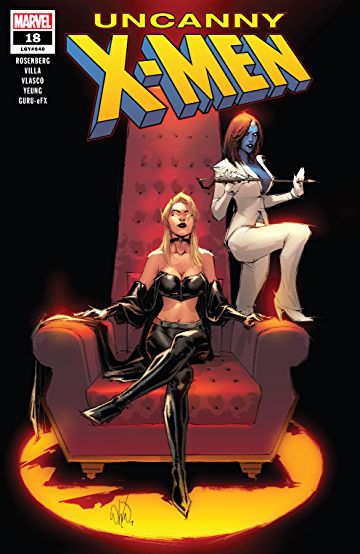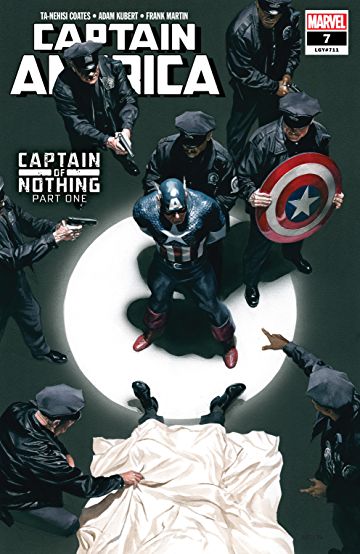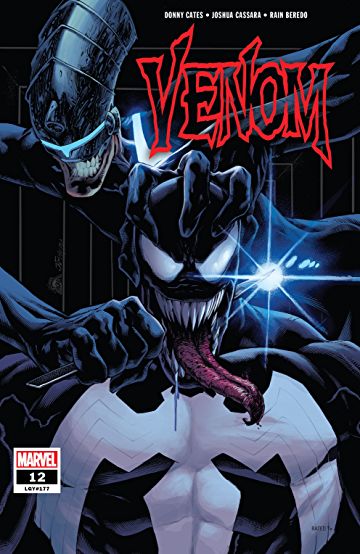Introduction
I already wrote in the plot summary that I watched Fallout episode 7 on Sunday. But, I also spent the better part of those days recovering from a nasty “summer cold”. I put that in quotes because my son Liam, in response to my thought that it could be Covid, said, “Who gets a cold in summer?” I don’t know how accurate that statement is, but I always grew up with the concept of a “summer cold” and many other things that I grew up with have been proven plainly incorrect.
Plot Summary and Analysis
Click here for the plot summary.
Fallout episode 7 finally starts to weave together some of the stories in anticipation of the final episode. After killing a kid in front of his father to continue his reign of terror in the Wasteland, The Ghoul flashes back a couple of times to his pre-war life. This both provides comparison and contrast to his current attitude and missions that drive him. Scroll down to the character discussion for more.
In that past, Cooper reacts initially with horror and distrust of the philosophy espoused by Miss Williams. However, to his credit, he takes the bug and then later retrieves it after throwing it in the trash. He may trust his wife, but he has deep suspicions of the rest of the Vault-Tec “family”.
Likewise, Lucy learns more about the vaults that she ever hoped to know. As a result, she and Max end up leaving Vault 4. Thaddeus locks Dogmeat in a cooler before continuing to try to find a radio tower. Max and Lucy later meet up with Thaddeus at DJ Carl’s. After a tense stand off, Max comes up with a solution that gets Lucy the head. It also allows Thaddeus to escape certain torture at the hands of The Brotherhood.
Some 33ers become 32ers. Norm follows his suspicions into Vault 31 and finds that one empty, too. I nobody or nothing as it seems in this show? Hopefully, the final answers at least some of that question.
Character Profiles
The Ghoul: Morally complex is the best way I can describe him. He kills without mercy. He also saves Dogmeat from a certain death and lets the mutt tag along with him again. Then again, maybe I just can’t see his moral compass because it’s so at odds with my own. He clearly sees these events as both indicative of his “goodness”, but we are all the heroes in our own story, right?
Cooper: His former life gives some insight into the ghoul he became, as I wrote earlier. He despises Williams and the theory that she espouses. Nevertheless, he is open to bugging his wife partly in the name of dogs everywhere who are denied access to the vaults. The thing about his reticence to listen to Williams that I wonder is, is it how he truly feels or because he’s a good old boy brainwashed by his government controlled by corporate interests. More on that later.
Lucy: Ever the optimist, she continues to believe that people are good in the face of overwhelming evidence against it. Like The Ghoul, I have a tough time analyzing Lucy, but for different reasons. She’s very much like me. I continue to hold out hope that humanity will figure it out even as they hurtle us towards our own demise. Like, yeah, the initial people of Vault 4 might have been shitty, but the current residents only banished her from the vault, with supplies for two weeks. To paraphrase Men in Black, “A person is good. People are mean, vindictive demons and you know it.”
Max: I can’t tell if Max reacted to the comfort of the vault and that’s why he acted so weird or if they kept him drugged in some way. I suspect the latter because of the overall “theme” of Vault 4, but he very quickly snapped out of it when he noticed that Lucy was in trouble. His love for this woman overcame even the manipulation of drugs (?) and a comfortable lifestyle to save her.
Thaddeus: He pissed me off by locking the dog in the cooler. Now, I know that’s not a controversial take. But, I want put it out there. He almost made up for it by apologizing to Max and letting them take the head from him. Almost. Because, ultimately, that was just a selfish decision, too.
Minor characters: DJ Carl, played by Fred Armisen, is amazing. Mr. Armisen always makes me laugh no matter what he does. Moreover, he brings a humanity to his characters that makes them feel alive. The “Snake Oil Salesman” as he’s called, finally gets his hero turn. Sort of. He saves Thaddeus, but at what cost?
World Building and Setting
They dedicate most of this Fallout episode 7 to building the lore behind the vaults and some more about Vault-Tec, the company behind them. Initially, you might think that they’re earnest in their mission and built the vaults to help people survive the blasts and fallout. Then, maybe, they just got lucky. But, as more comes out, you learn that they are behind the nuclear “incidents” and that hides even more sinister objectives. Spoiler Alert: Some of these stories are awful.
Also, finally, on some level, they start to question the supposition that living in the vault is preferable to living on the surface. When they banish Lucy from the vault, she reacts with suspicion. “Really? That’s all?” Surely, she’s thinking, I just spent two weeks on the surface. And, while it might be “safer” here in the vault, one can get along just fine up there. Me? I choose the reckless life of a Wastelander any day.
Themes and Social Commentary
They pull back the curtain and put it all out there in Fallout episode 7. Part of this story is the ages old capitalism vs. communism. I’m sure some Yankee Doodle Dipshits have plenty to say about how “woke” the show is because of that. But, I appreciate Miss Williams coming out and saying, “Communism is a dirty word they use to describe people who aren’t completely insane.” And, the more you look into it, the more it makes sense.
As I’ve always said, I have no problem with someone trying to make a buck. Hell, try to make all the bucks you want. What I have a problem with is when you try to trade my or my children’s or my grandchildren’s future to make that buck. Maybe you can make a few less bucks and we can all live together on this planet? What do you think?
Additionally, I wrote earlier in my introduction of the plot summary, “Can anyone in this show be trusted?” You saw some of that in my character descriptions. Any time one of them seems to be “good” or “bad”, they inevitably do something to make you question that label. I get that humans are messy and we’re all a mixture of “good” and “bad”, but rarely do you get a show that so starkly and, honestly, naturally explores that dichotomy. It’s one of the reasons I watched it twice now and will again before Season 2 releases.
Narrative Pacing, Structure, and Soundtrack
The pacing still feels good. Every episode they release just a little more of the “truth” and what that truth means for our world and our characters. They’ve used flashbacks a good amount to that end, as well. The one thing that I noticed is that as the episodes advanced, the opening sequences became longer and longer. Surely that’s intentional, but I can’t figure out the intent behind it.
The soundtrack, as always, serves to enhance the mood and story. They deftly weave the oldies into the story to both cue events and also remind us of what happened previously. I also read online that they probably used the fiddle music to troll fans of one of the games because, as gamers do, they bitched about the music. If so, bravo to you all!
The Verdict
Fallout episode 7, the penultimate episode, sets things up nicely for a potentially explosive finale. Lucy has the head, Max is going to face the Brotherhood, The Ghoul has a reliable lead on Moldaver. And, back in the past, Cooper holds the potential key to blowing it all up. Yes, that pun was fully intended.
